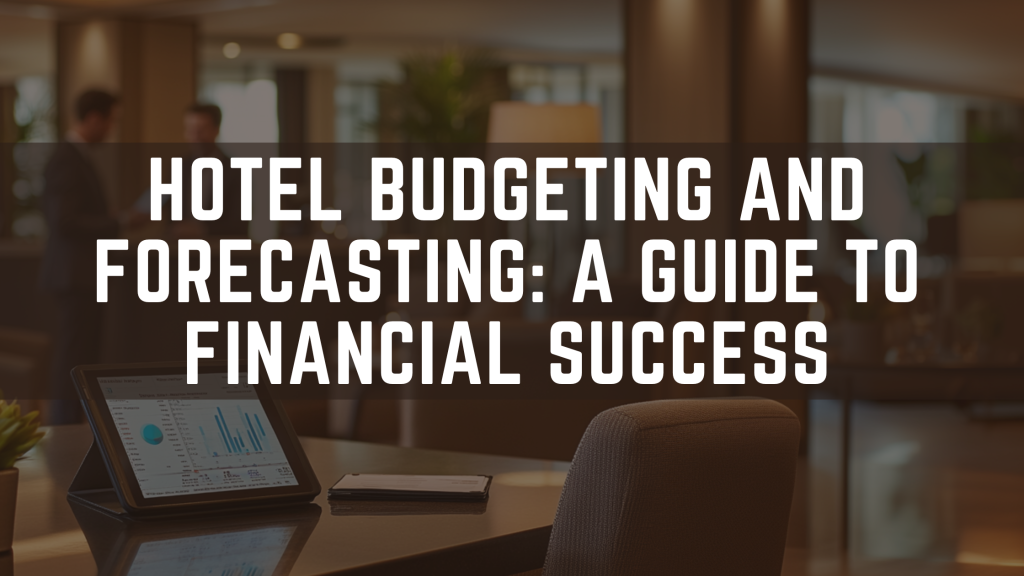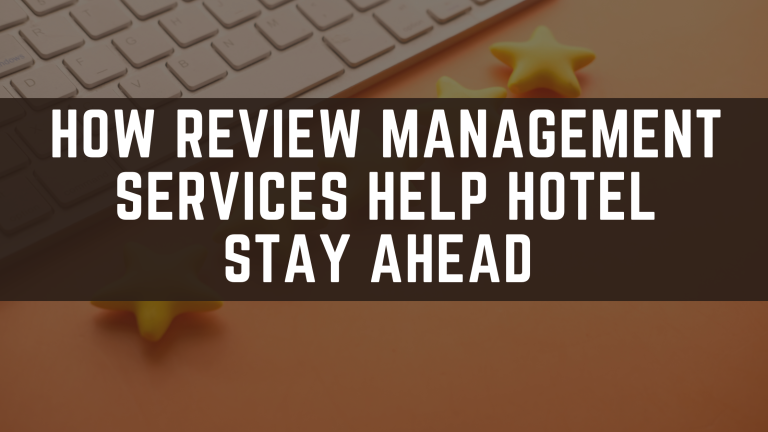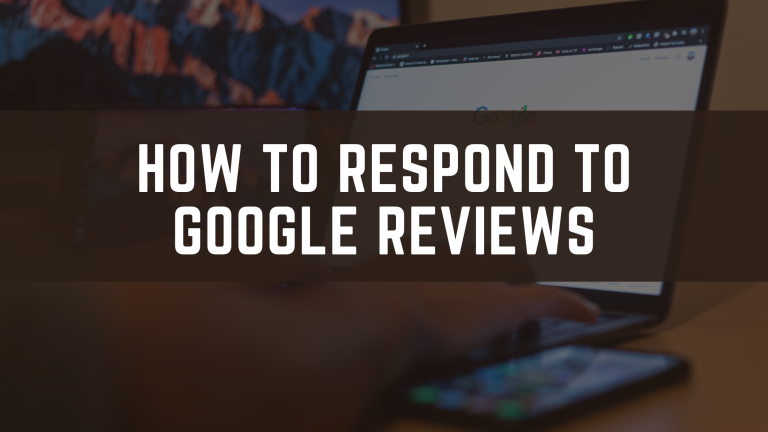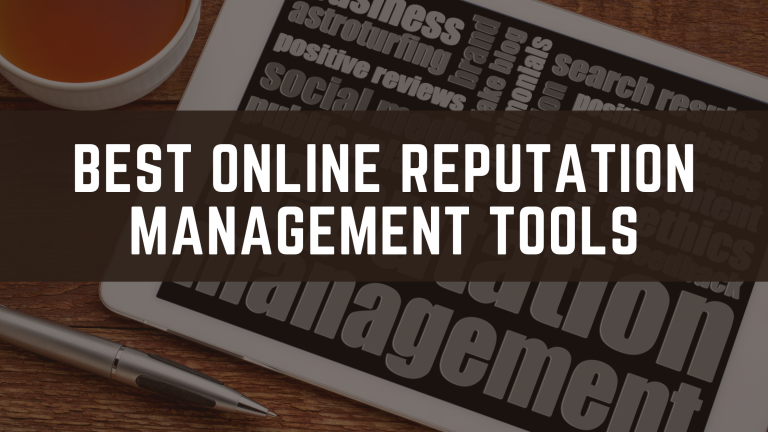Effective budgeting and forecasting are essential in every industry, and the hotel sector is no exception. Managing a hotel’s budget can be complex, with revenue flowing in from multiple sources like room reservations, events, dining, and additional services. Yet, an efficient budgeting and forecasting process ensures steady growth, smarter spending, and resilience to market shifts. Let’s explore how your hotel can master the art of budgeting and forecasting with tips, strategies, and insights to guide you through each step.
Why Budgeting and Forecasting Are Crucial for Hotels
Running a hotel is a balancing act of providing quality service and keeping costs in check. A well-thought-out budget and accurate forecast allow managers to make informed financial decisions, prepare for peak seasons, and control costs during low-demand periods. When done right, budgeting and forecasting provide a clear path for consistent growth and profitability.
Budgeting ensures that funds are allocated efficiently, covering essential expenses like staffing, maintenance, and marketing. Forecasting, on the other hand, provides a glimpse into future revenue based on historical data, trends, and upcoming events. Together, they create a stable foundation for financial success.
Understanding the Basics of Hotel Budgeting
When creating a budget, think of it as the financial blueprint for the year. Start by identifying all sources of income and categorizing each one:
- Room Revenue: The core income source. Factors like occupancy rates, average daily rates, and booking channels or segmentation impact room revenue.
- Food and Beverage: Many hotels offer on-site dining, which generates additional income. Accurately budgeting for this category requires looking at past sales and seasonal demand.
- Events and Conferences: Hotels often host events, weddings, and business conferences. Forecasting event revenue can be challenging, but it’s worth the effort to ensure the right resources are available.
- Other Services: Spas, gift shops, valet services, and recreational facilities contribute to a hotel’s income. These might be smaller sources of revenue but still require budgeting.
An effective budget for these categories helps allocate funds to the most profitable areas while cutting back on underperforming ones.
Setting Clear Financial Goals
The first step in successful budgeting is setting realistic financial goals. What are your hotel’s revenue targets? Do you want to focus on increasing occupancy rates, boosting average daily rates, or growing your food and beverage revenue? Identifying these objectives helps streamline your budgeting process.
For example:
- Goal 1: Increase annual revenue by 10%.
- Goal 2: Reduce operating costs by 5% through energy efficiency and optimized labor.
- Goal 3: Grow food and beverage sales by adding seasonal or themed dining options.
With clear goals, you can measure your success and make adjustments as needed.
Best Practices for Hotel Forecasting
Forecasting is the predictive arm of budgeting, helping you make educated guesses about future revenue and expenses. Here are a few tips to make forecasting more effective:
- Historical Data Analysis: Past performance data is a valuable asset. Look back at past years, focusing on occupancy rates, event bookings, and seasonal trends. This data provides a reliable foundation for forecasting.
- Monitor Industry Trends: Keeping up with industry trends helps refine your forecast. Resources like the American Hotel and Lodging Association or STR offer reports on occupancy rates, revenue per available room (RevPAR), and more.
- Account for Market Changes: Economic shifts, travel trends, and new competitors can impact demand. Staying aware of these changes and factoring them into your forecast helps avoid surprises.
- Adjust for Seasonality: Seasonal peaks and dips are common in hospitality. Adjust your forecasts accordingly to anticipate both high and low seasons.
Using Technology to Improve Budgeting and Forecasting
Hotel budgeting and forecasting have evolved with technology. Here are a few tools that can simplify the process:
- Revenue Management Software (RMS): RMS analyzes data from various sources to forecast demand and recommend optimal pricing strategies.
- Accounting Software: Many platforms offer budgeting and forecasting features tailored to the hospitality industry.
- Data Analytics Platforms: Tools like Power BI and Tableau help visualize data and identify trends that might otherwise go unnoticed.
Embracing technology not only saves time but also enhances the accuracy of your forecasts.
Identifying and Reducing Common Budgeting Challenges
Despite careful planning, budgeting challenges often arise. Here are a few common ones and how to address them:
- Fluctuating Occupancy Rates: Occupancy rates can vary due to seasonality, events, or market trends. Adjust your budget quarterly to reflect these changes.
- High Labor Costs: Staffing is typically one of the largest expenses. Optimizing scheduling based on forecasted occupancy can reduce costs without sacrificing service quality.
- Utility and Maintenance Expenses: Unexpected repairs can disrupt a budget. Set aside a contingency fund specifically for unforeseen maintenance needs.
- Inaccurate Forecasting: Over- or underestimating revenue impacts cash flow and growth potential. Review forecasts regularly and adjust them based on actual performance data.
How Hotel Budgeting Impacts Guest Experience
Smart budgeting isn’t just about finances; it impacts the guest experience, too. Allocating resources for staff training, facility upgrades, and enhanced amenities ensures guests have a memorable stay. Prioritizing certain budget categories, like customer service and room maintenance, creates a direct link between budgeting decisions and guest satisfaction.
For instance, a well-planned budget may allow for minor renovations or the addition of new amenities, improving your hotel’s appeal. Additionally, budgeting for staff training enhances service quality, which can lead to positive reviews and repeat customers.
Promoting Accountability and Transparency
Transparent budgeting promotes accountability among hotel staff. When employees understand the financial goals and limitations, they can contribute to the overall objectives. For example, involving department heads in the budgeting process fosters a sense of responsibility and helps them manage resources effectively.
Encourage open communication regarding budget targets and expenses. This transparency builds a stronger team that works together toward a common goal.
Leveraging The Reputation Lab for Your Hotel’s Online Presence
While budgeting and forecasting keep your hotel financially healthy, maintaining a positive reputation is just as essential. The Reputation Lab specializes in online reputation management, ensuring that your hotel’s digital presence remains strong. From handling guest reviews to enhancing online feedback, our service empowers your hotel to build trust with guests and attract new bookings. Remember, a well-managed reputation often translates into higher occupancy rates and better reviews—both of which feed into your hotel’s bottom line.
Ensuring Long-Term Success with Continuous Improvement
The hospitality industry constantly evolves, and so should your budgeting practices. Regularly review and adjust your budget to stay aligned with your financial goals. Learn from past performance, identify areas of improvement, and celebrate successes with your team.
Building a Bright Financial Future for Your Hotel
Creating an effective budget and forecast is essential to long-term success in the hotel industry. It provides a roadmap for financial stability, ensuring that your hotel is prepared to navigate challenges and seize new opportunities. Remember to remain adaptable, utilize technology, and promote transparency within your team. With these strategies, you’re well on your way to a financially healthy and thriving hotel.
And don’t forget: having a solid reputation is equally important. The Reputation Lab is here to help you make sure that your guests’ experiences match your hotel’s financial goals, bringing in more positive reviews and building long-lasting guest loyalty. If you are interested in learning how a reputation management strategy can benefit your business, we invite you to email us via our secure contact form to set up a no-pressure consultation or call us at 855-979-6800




